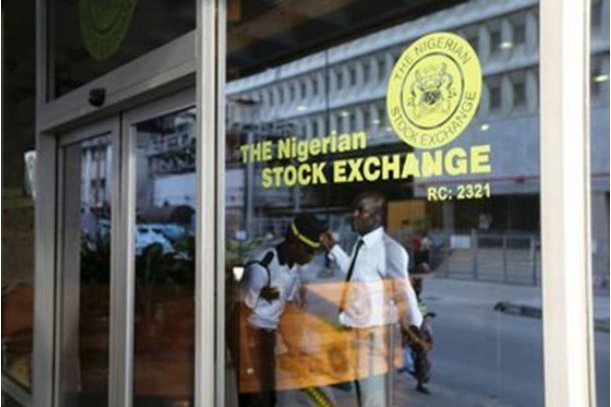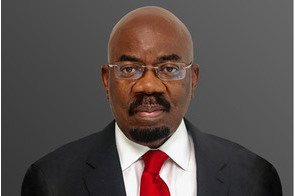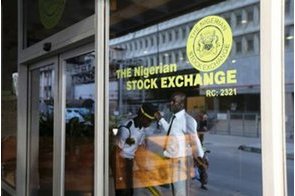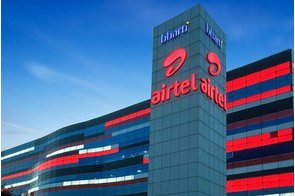Latest News
NSE All Share Index falls by 0.06% following weak economic data

News Highlight
Year-to-date (YTD), the ASI has depreciated by 0.15 per cent.
The All Share Index (ASI) of the Nigerian Stock Exchange (NSE) dropped on Friday by 0.06 per cent amid persistently weak investor confidence and rising macro-economic challenges.
Data from the NSE website shows the main market index closed the trading day today at 40,186.70 points, compared to 40,212.19 points recorded yesterday. On a weekly basis, the ASI depreciated this week by 0.63 per cent compared to 40,439.85 points recorded at the close of the trading week on February 12. Year-to-date (YTD), the ASI has depreciated by 0.15 per cent.
Market capitalisation depreciated by 0.06 per cent from N21.037 trillion reported on Thursday to N21.026 trillion today as the equities market closed on a negative note. On a weekly basis, the market cap declined from N21.156 trillion reported at the close of last week to N21.026 today, with investors losing N130.12 billion this week.
Market turnover also closed negative as an aggregate of 307.79 million shares worth N2.9 billion were traded in 4,393 deals on Friday, compared to the 426.27 million shares that were traded in 4,972 deals yesterday at a value of N4.75 billion.
Livestock Feeds Plc was among the top five price gainers today as the stock of the animal feeds manufacturer rose by 9.27 per cent. The other four were Portland Paints and Products Nigeria Plc, FTN Cocoa Processors Plc, United Capital Plc and Africa Prudential Plc.
Stanbic IBTC Holdings Plc led the top five declining equities on Friday, depreciating by 10 per cent. The other price decliners were May & Baker Nigeria Plc, Neimeth International Pharmaceuticals Plc, Multiverse Mining & Exploration Plc and Royal Exchange Plc.
The equity market closed negative today for the fourth consecutive trading day. The decline also follows the report on Nigeria's exit from recession. Data released by the National Bureau of Statistics (NBS) on Thursday shows the economy recorded its first positive quarterly growth after two consecutive quarters of negative growth. Gross Domestic Product (GDP) grew by 0.11 per cent year-on-year in the fourth quarter of 2020. Experts have described the economy as weak despite the positive growth.
Among the economic challenges affecting investor confidence in the country are high level of unemployment, rising inflation, exchange rate depreciation that has weakened the purchasing power, and heightened insecurity and social discontent.
Related News
Latest Blogs
- The case for due process in aviation regulatory enforcement
- AI solutions for improved crop production
- Unravelling the costs of holiday in Lagos and Barcelona
- Has the Nigerian economy stabilised?
- Of Supreme Court and supreme error
Most Popular News
- NDIC pledges support towards financial system stability
- Artificial intelligence can help to reduce youth unemployment in Africa – ...
- Aramco signs $11 billion deal for midstream project
- Japan Credit Rating Agency affirms Afreximbank’s A-/Stable rating
- Communities and civil society across Africa protest against TotalEnergies
- Jobs and livelihoods central to resilience in Africa – ILO









